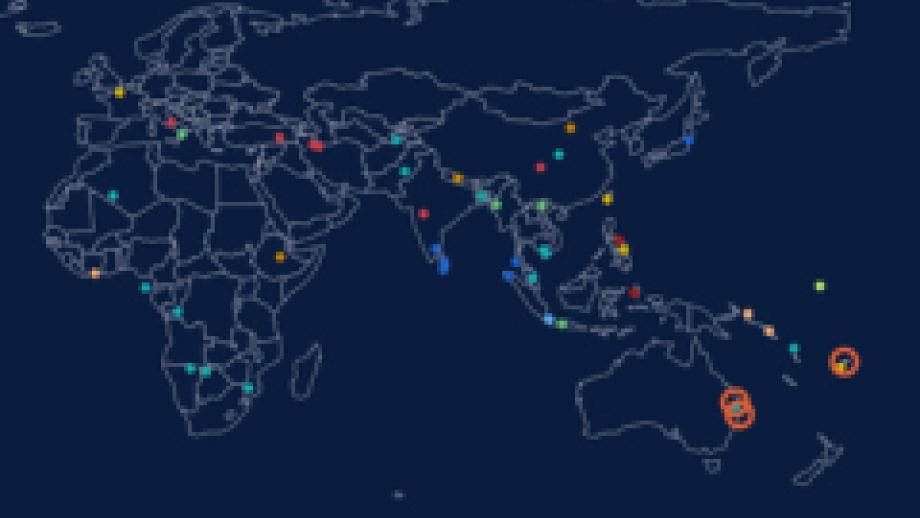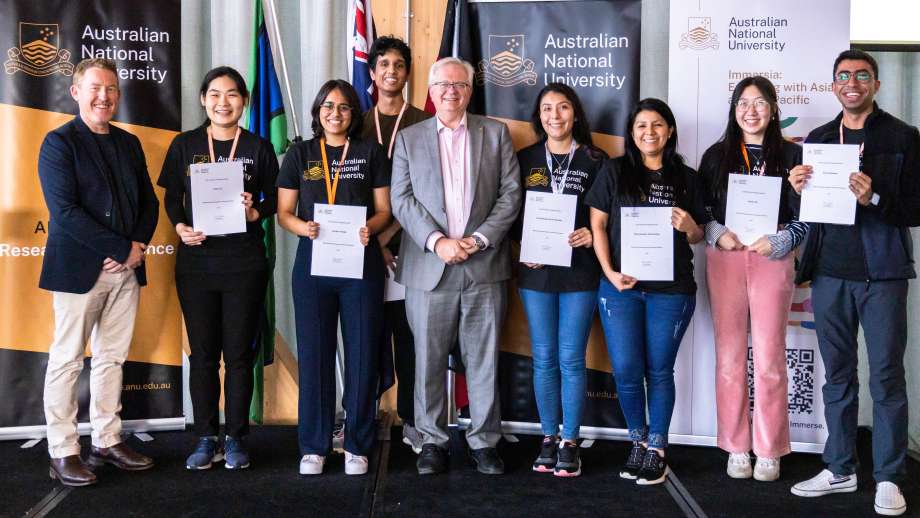Power and Restraint in China’s Rise
Presented by ANU College of Asia & the Pacific
Why and when does China exercise restraint-and how does this aspect of Chinese statecraft challenge the conventional narrative about rising powers' behaviour?
In Power and Restraint in China's Rise (Columbia 2022), Chin-Hao Huang argues that China's aspirations for legitimacy and acceptance provide a key rationale for refraining from coercive measures. In examining Chinese foreign policy conduct in the South China Sea, there is evidence that conforming to regional norms and accepting constraints advances other states' recognition of China as a legitimate power. Huang details how member states of the Association of Southeast Asian Nations have taken a collective approach to defusing tension in maritime disputes, incentivizing China to support regional security initiatives that it had previously resisted.
Drawing on this empirical analysis, Huang develops new theoretical perspectives on why a dominant state with rising ambitions takes the views and interests of small states into account, as well as how collective action can induce change in a major power's behaviour. Offering new insights into the causes and consequences of change in recent Chinese foreign policy, the findings show why paying attention to the targets of Chinese power matters and what the future of engagement with China might look like.
Chin-Hao Huang is associate professor of political science at Yale-NUS College. His research and teaching focus on Chinese foreign policy, the international relations of East Asia, and international security. His books include Power and Restraint in China's Rise (Columbia 2022); State Formation through Emulation: The East Asian Model (Cambridge 2022); and Identity in the Shadow of a Giant: How the Rise of China is Changing Taiwan (Bristol 2021).
Location
Room: Hedley Bull Lecture Theatre 2
Speakers
- Chin-Hao Huang
Contact
- Bell School Marketing Team



